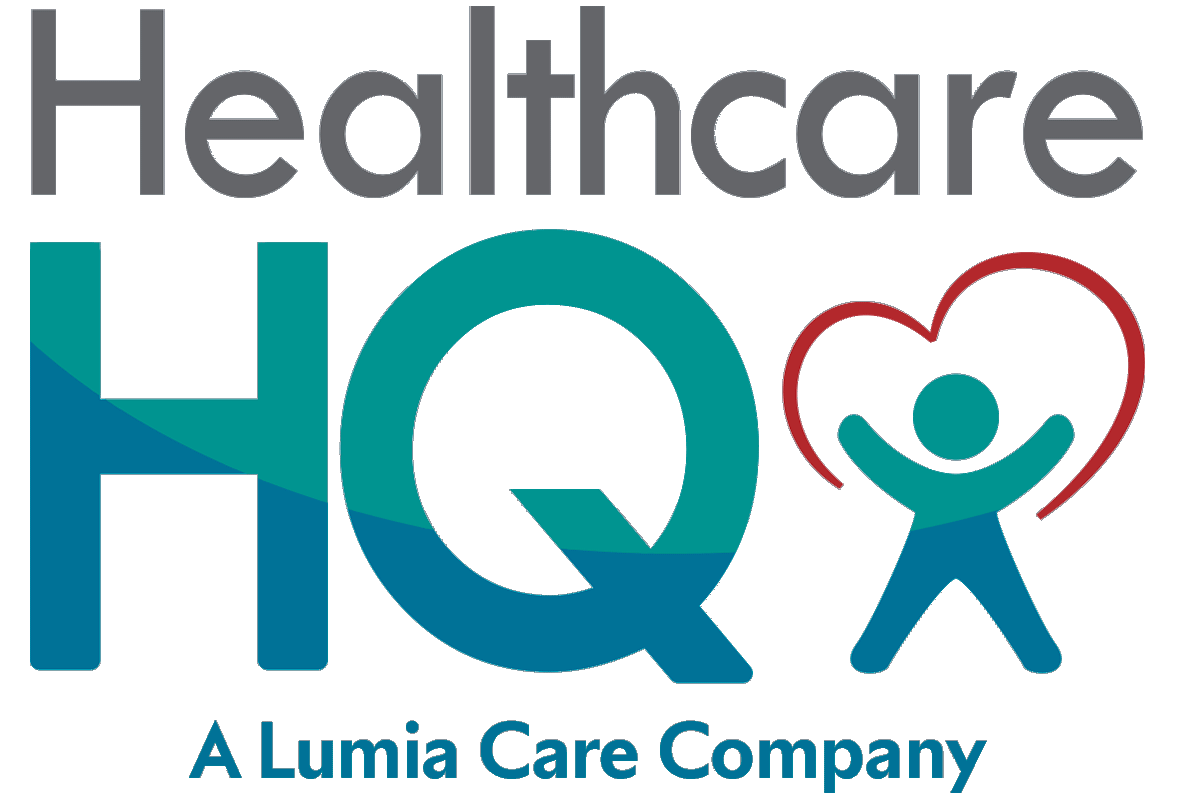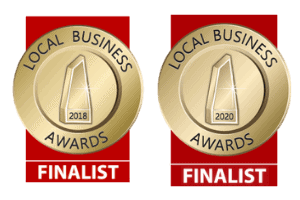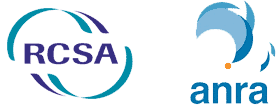As a new nurse, we know that entering the industry and/or starting in a new environment for the first time is unbearably daunting. After following your dreams, studying your heart out and absorbing more than you ever thought possible during clinical placements, the time has now come and you’re really doing it… well done! You’re a Registered Nurse!
Yes, you still have a lot to learn – but you’ve made it this far. You’ve made a brilliant choice to enter the nursing profession and now the journey begins… So, for all those wonderful and energised new nurses out there, we went straight to our own Healthcare HQ staff (who have all been there!) for their top tips for new nurses. A lot of them had similar things to say, so we thought we’d sum it all up for you!
Stay oriented with your new facility and learn their protocol
We’ve been in the industry long enough to know that no hospital or healthcare facility is the same, and each will have their own way of doing things. Thanks to Healthcare HQ’s hands-on approach, each and every agency nurse is first briefed by us before starting their first shift at a new facility – but we know some nurses aren’t so lucky, and getting thrown in the deep end is no fun.
Mishu: “I would recommend new grads to remain orientated about the facility they are entering into and also understand if they have preceptor available or not, just in case you are stuck and overwhelmed with a certain challenging situation.”
Thi: “Ask for a new facility’s routine and try to follow as much as you can. And if you work for an agency, be sure to stick to agency dos and don’ts.”
Julius: “What I can advise to the new nurses is to spend time learning the protocol of the hospital or facility in which they are allocated.”
Be a team player and communicate
Building good communication skills will be an asset over your whole life, and is certainly not specific to the healthcare industry – though the outcomes can be arguably more dire. If your unit doesn’t seem to have very strong communication lines established, don’t be afraid to ask questions in order to both improve team dynamic and deliver high standards of healthcare.
Mishu: “Observing the unit you are placed into and bonding with the team is essential to get yourself orientated on how the unit functions, i.e. the co-workers’ interpersonal dynamics. As a new nurse, one is highly vulnerable of being taken advantage of, therefore being a team player helps avoid those situation.”
Thi: “Work in a team: delegate, ask for help and handover sufficiently.”
Observe
“Accuracy of observation is the equivalent of accuracy of thinking.”
— Wallace Stevens
New Graduate Nurses are in a fantastic situation where their youth and position as starting out in the industry can be used to their advantage. This is your chance to adopt best practice, and to get things right from the outset: prevent bad habits and errors before they even happen.
Mishu: “Observing the seniors/experts on their performances gives an idea on handling patients, especially monitoring the way they handle a difficult patient is essential. I have learnt a lot from just observing! Learning is a continuous process for Professional Development.”
We thought Thi summed it up very succinctly: “Listen. Observe.”
Keep track
Excited but scared? Feeling like you’re acting like a nurse, but you’re not really a nurse? These are feelings that we all felt when we started nursing and these feelings are perfectly normal. Have you thought about keeping a personal journal to dump these fears and feelings? Reflective journaling is a fantastic medium for nurses to be open about their personal journey and experiences along the way. Jotting down thoughts, feelings and learnings along the way can help increase self-confidence and the joys of learning in an environment that, let’s face it, is open, honest and definitely nonjudgmental!
Reflective journaling can also be a great way to map your progress and achievements in your nursing career. It enables you to look back, analyse thoughts, learning and growth progress and also allows you to think critically about your own performance and career goals moving forward.
Mishu: “A habit of making notes/journalling something you might want explore more is so helpful and reminds me to follow up on the issues whenever I want. For example, I can seek advice from my mentors, browse the internet or go to a library.”
Chloe: “Keep reflecting on your practice, such as what skills and cases you have been through during the day.”
And the most common one… ALWAYS ASK QUESTIONS IF YOU NEED TO!
Because how else will you learn?
Rosenie: “Be inquisitive; never assume when unsure. Every day is a learning experience. Always ask questions or do your research and read.”
Julius: “Don’t be afraid to ask questions of the senior nurses – you’ll get to know which nurses are more approachable than others.”
Thi: “Ask for feedback!”
Chloe: “Always improve yourself in terms of …everything! Brush up on your practical skills, theoretical knowledge, and consult with friends in the same industry.”
No one expects you to be perfect on the first shift, or even in the first few months! While making mistakes is ultimately inevitable, staying vigilant and being attentive and on guard at all times can substantially accelerate the quality of care you deliver and somewhat lessen the steep learning curve. So, go forth, and fear not: you are not alone.








